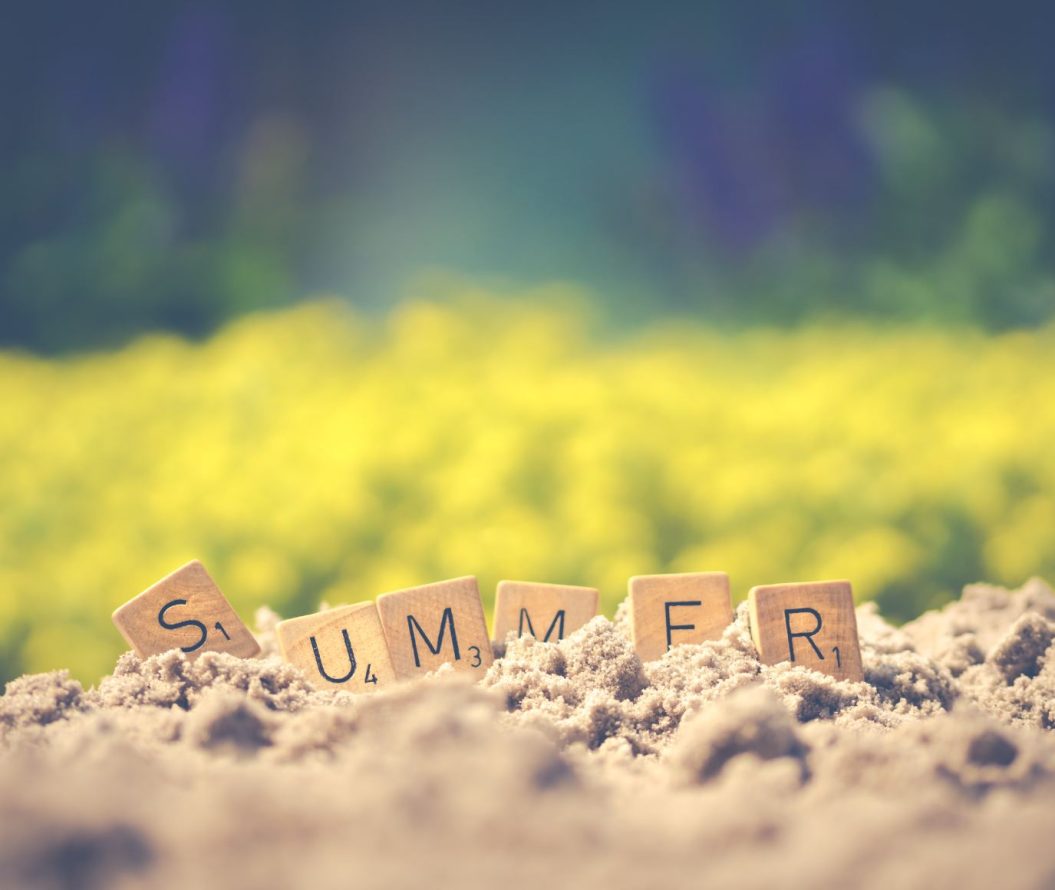Hi, I am George. I am a third year Geography student, I started creating content in my first year and have enjoyed every minute of it- I especially enjoy writing about environmental issues.

Writing your dissertation can seem like a daunting task, and one of the main things you might be asking yourself before you start is ‘where can I find literature sources?’. Most dissertations, begin with an in-depth review of the literature surrounding your topic so it is good practice to identify some key sources early on which can help you formulate your own ideas. Often times this comes from academic literature, with that in mind, here are a few good ways to source literature for your dissertation project.

Search engine?
Probably the most well known online search engine used for finding academic sources of information, Google scholar offers an extremely wide range of papers, journals and other documents related to a wide array of topics and academic disciplines from biology to fine art. If you are not already familiar, Google scholar works the same way as any other search engine where you input your search terms and results related to that search appear. In some cases, it might take a bit of reordering of the search phrases to get the type of sources you would like. You can also filter searches on Google scholar, for example, you can filter by date of publication which can help you get the most up-to-date sources available. However, there is a range of different academic incorporation repositories online such as the Web of Science and Jstor. As well as this, the University library offers its own database which can be accessed through Blackboard. Of course, any books that you can’t find online can sometimes be found as a physical copy in the University library.
What to search for
From personal experience, the best method when searching for academic sources is, to begin with, broad terms which relate to your topic and then gradually try and narrow down the search to more specific elements. This is especially helpful when writing your dissertation because it means that you cover the topic in greater detail and develop a varied selection of sources. This can also be combined with filter features built into search engines to specify certain dates, authors, types of sources etc. Dates are especially important because whilst you need a broad range of sources, you also want your dissertation to be as up-to-date and relevant to a current academic consensus as possible.

Using reference lists
Another really helpful way to generate a list of sources for your dissertation is to use the reference lists of sources you have already found. For instance, if you have found an article on the topic you are writing about which covers a lot of the themes that you are after, you can use their reference list to expand your own sources. This can be done many times in a cycle and is very useful because it can also lead you to the information you did not think of originally. In many cases, academics will use the same papers as each other as references which gives a good indication of what the current state of knowledge on a topic revolves around.
Whilst this is not an exhaustive list of techniques, hopefully, this helps to cover some of the main ways in which you can begin to source academic resources for your dissertation project.




